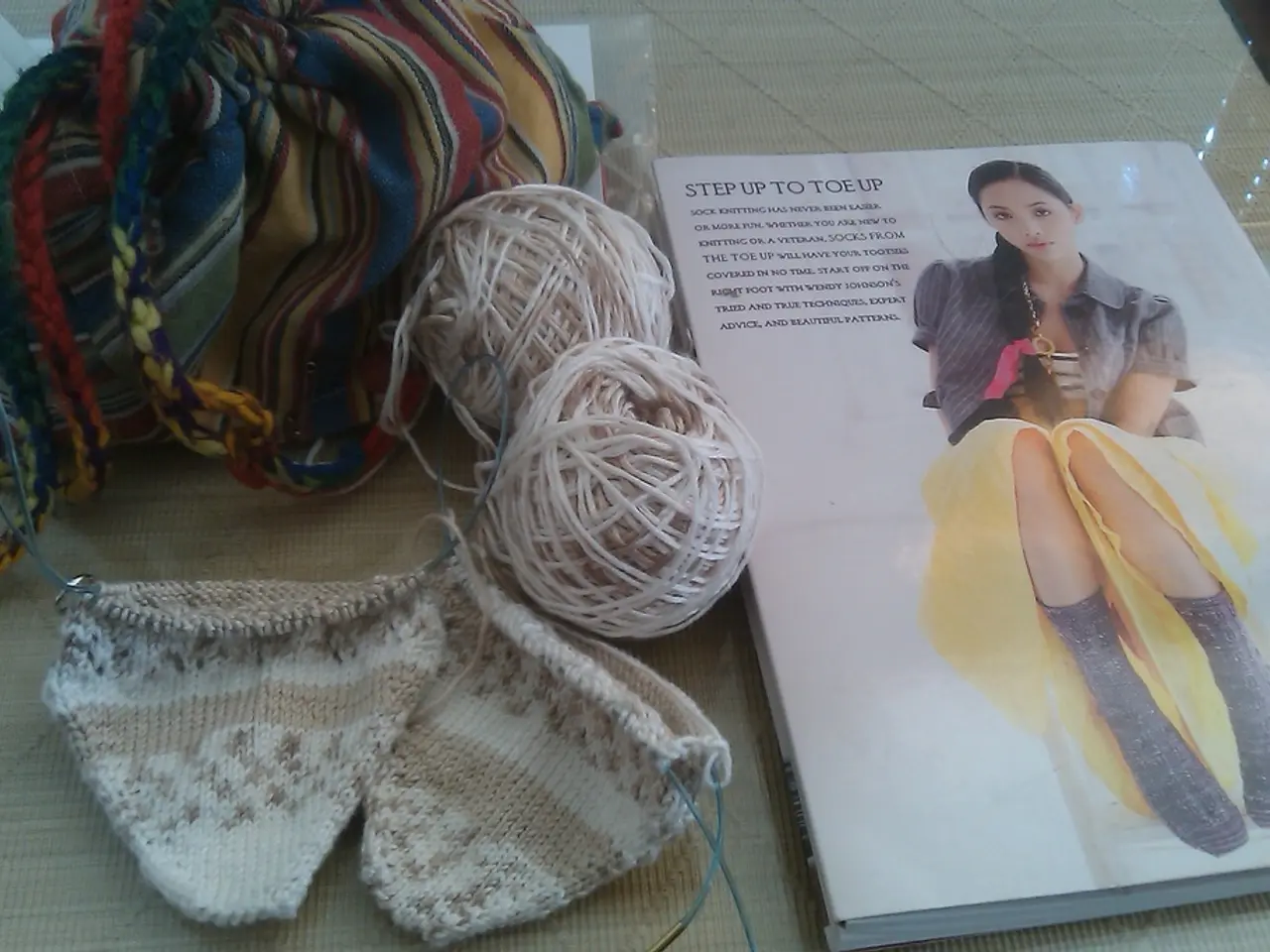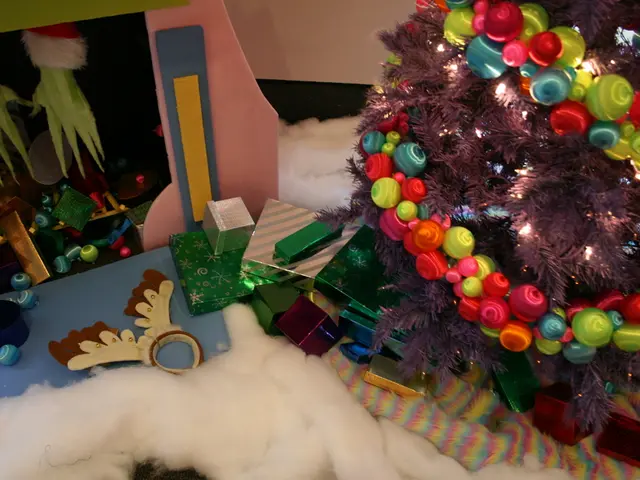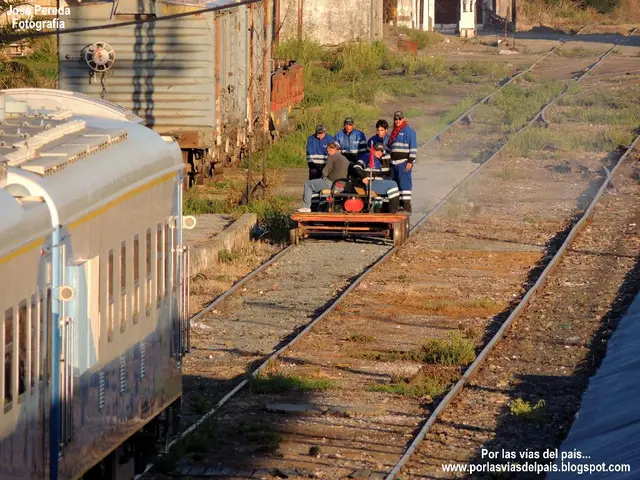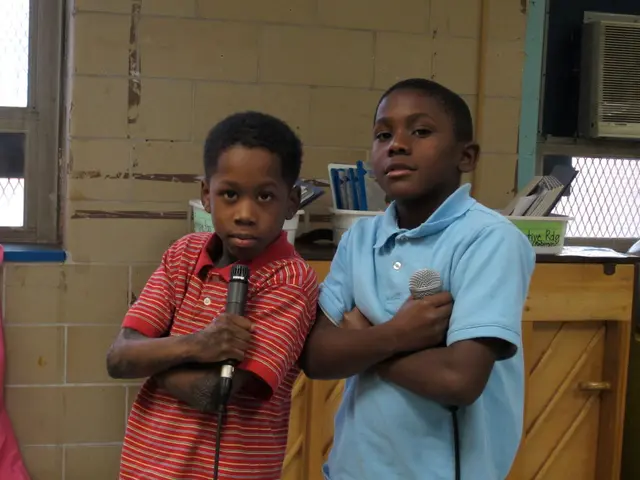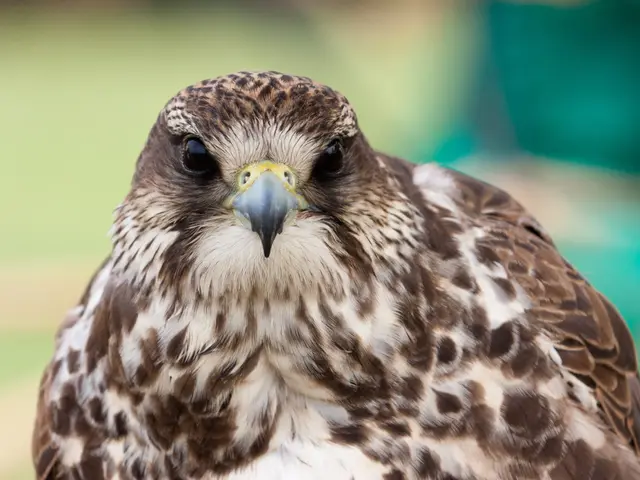Understanding the Implications of OEKO-TEX, European Flax, and GOTS Certifications
In the world of eco-friendly and sustainable home textiles, certifications play a crucial role in ensuring the safety, organic production, and sustainable manufacturing of products. Three such certifications - OEKO-TEX Standard 100 Class 1, European Flax, and Global Organic Textile Standard (GOTS) - each provide important assurances about a duvet cover's safety, organic status, and sustainability.
The OEKO-TEX Standard 100 Class 1 certification guarantees that the finished textile product, such as a duvet cover, has been rigorously tested and is free from harmful substances that can affect human health, including chemicals not yet regulated by law. Class 1 specifically indicates the highest safety level, suitable for products used by babies and young children. It focuses on chemical safety of the finished textile but does not certify the entire supply chain or farming practices.
European Flax® certification, on the other hand, certifies that the flax used to make the linen comes from Western Europe (France, Belgium, or the Netherlands) where it is grown without irrigation, GMOs, or waste, reflecting environmentally responsible farming practices. The certification also promotes traceability and low environmental impact across the flax production process, ensuring sustainability at the crop-growing stage. It does not directly address chemical use in processing or the entire supply chain, but it emphasizes eco-friendly cultivation and local provenance.
GOTS (Global Organic Textile Standard) is a highly stringent certification covering the entire textile supply chain. It requires that at least 70% (often 95% or more for organic labeling) of the fibers are organically grown without synthetic pesticides, herbicides, or GMOs, and it bans toxic chemicals throughout processing. It also mandates socially responsible working conditions—no child or forced labor—and environmental management practices. GOTS ensures that the duvet cover is both organically produced and sustainably manufactured from raw fiber to finished product.
Together, these certifications provide a strong assurance that a duvet cover is free from harmful chemicals (OEKO-TEX), made from organically and sustainably grown flax (European Flax, GOTS), and produced following ethical and environmentally responsible standards across the supply chain (GOTS). This offers consumers confidence in the product’s safety, organic integrity, and sustainability.
When shopping for a duvet cover, it's essential to look for these certifications to guarantee a high-quality, eco-friendly, and safe product. By choosing products certified with OEKO-TEX Standard 100 Class 1, European Flax, and GOTS, consumers can rest assured that they are making a responsible choice for themselves and the environment.
A consumer can find assurance in the safety and organic integrity of a duvet cover by looking for certifications such as OEKO-TEX Standard 100 Class 1, which guarantees the product's freedom from harmful substances, and GOTS (Global Organic Textile Standard), which ensures at least 70% of the fibers are organically grown and the entire supply chain adheres to sustainable practices. Moreover, the European Flax® certification provides eco-friendly cultivation and local provenance of the flax used in the duvet cover.
